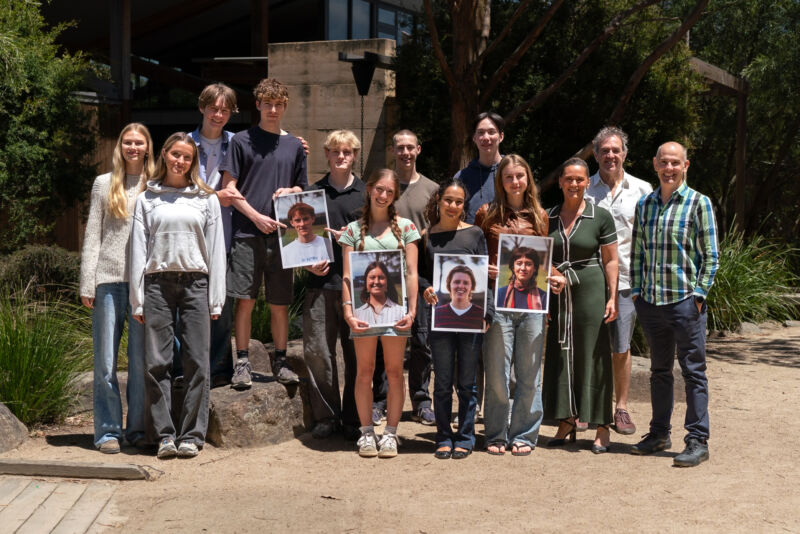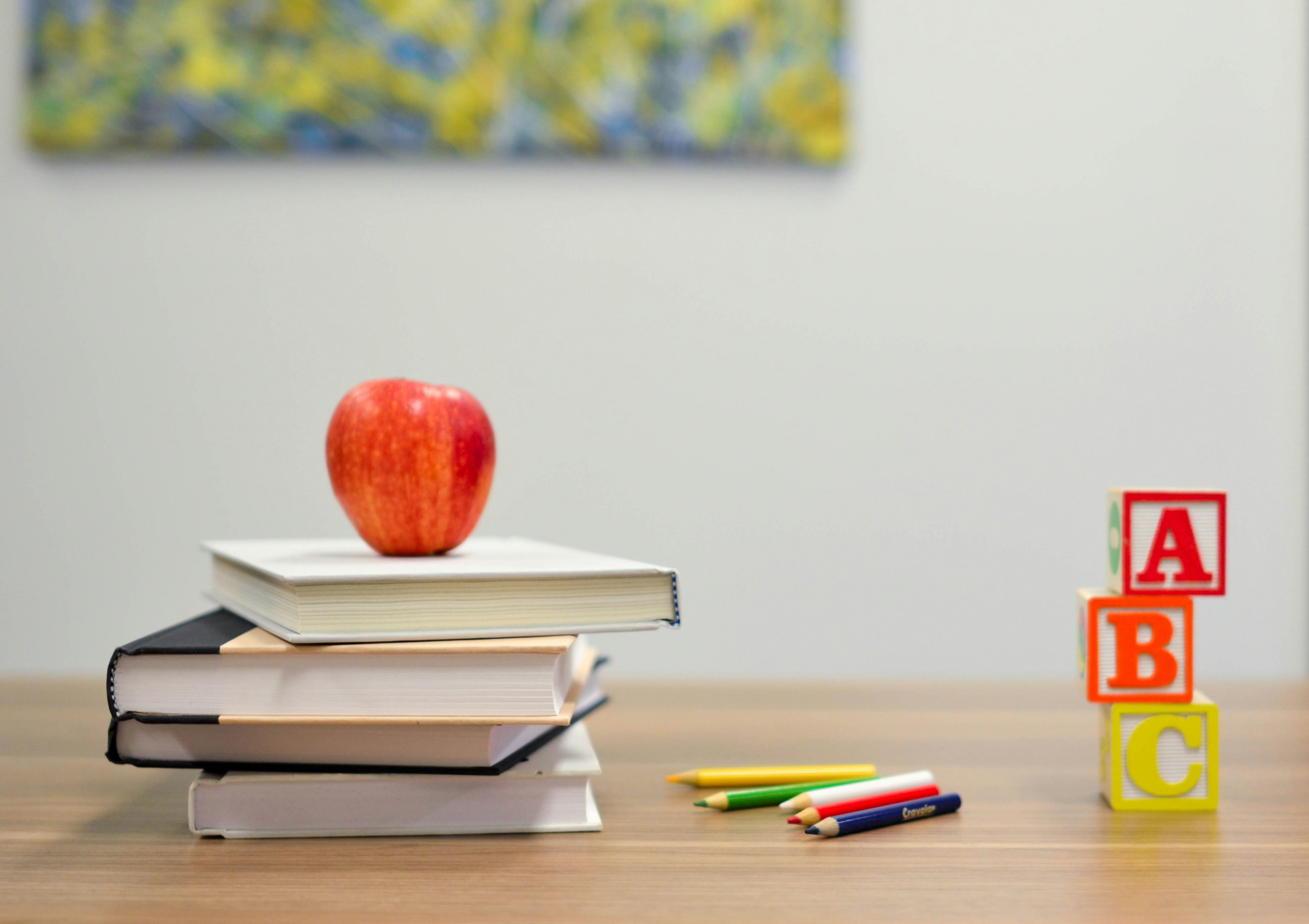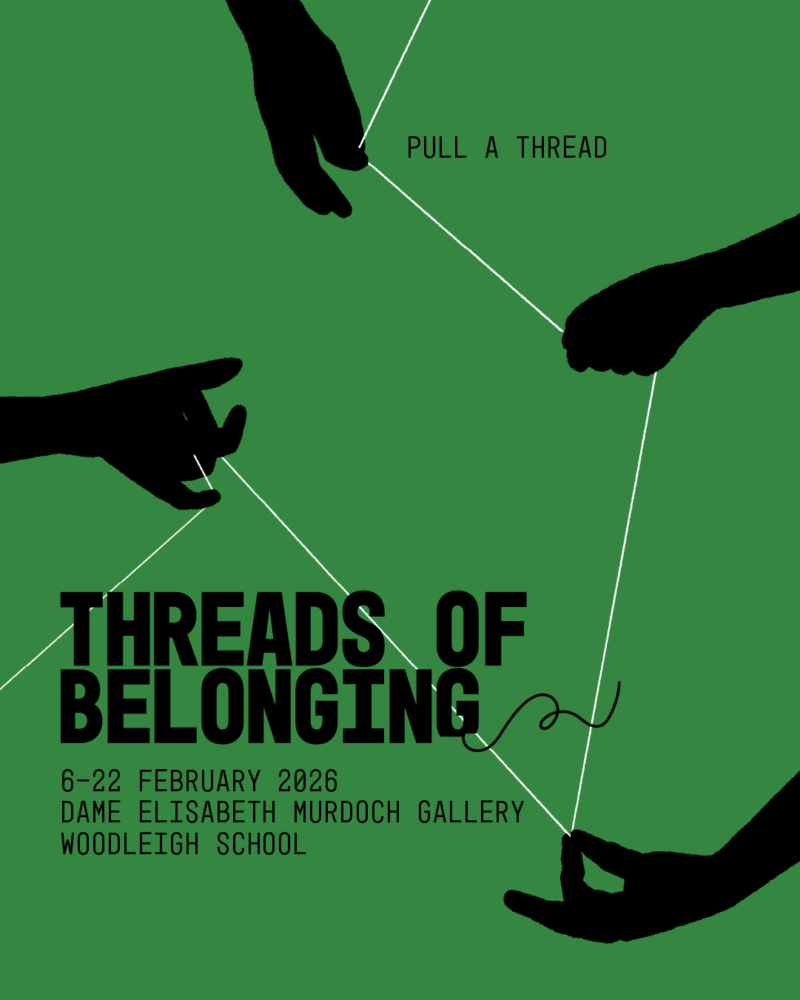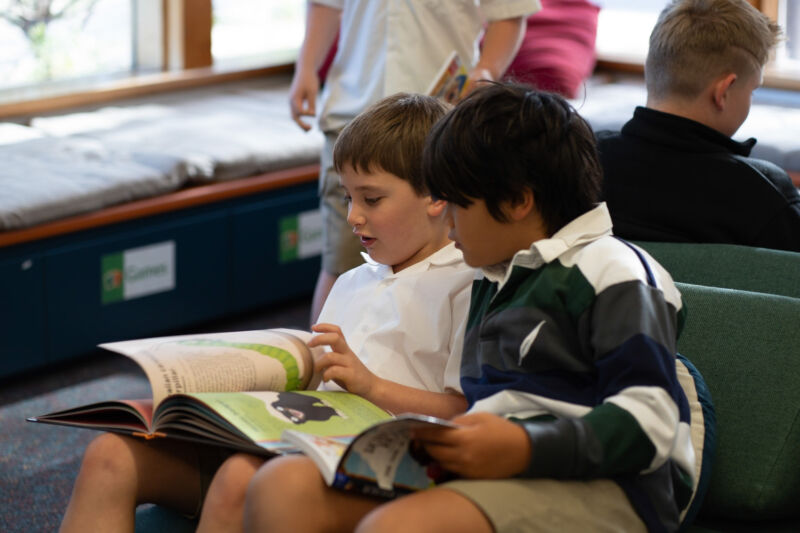

Deputy Principal – Head of Senior Campus
An outstanding group of humans – caring, creative, wise and tenacious.
Continue Reading

For decades, high-stakes exams have dominated the VCE. It’s a 1980s relic of a system, one that fails to measure what matters today.
Continue Reading

An outstanding group of humans – caring, creative, wise and tenacious.
Continue Reading

Despite the best efforts of op-shops, 43,444 tonnes of textile waste still end up in Victorian landfills each year.
Continue Reading

The Futures Project shows Year 10 students how to turn concern into action.
Continue Reading

An exhibition that brings artists and students together to push for change - and you’re invited.
Continue Reading

All the talk is about how we teach our young people to read. But what about the love of reading? Why are we not working to have our kids fall, deeply and lastingly, in love with words.
Continue Reading

AI does not need to be just a threat; it can be a powerful tool, a challenge and a huge opportunity to evolve the ways students think, learn and create.
Continue Reading